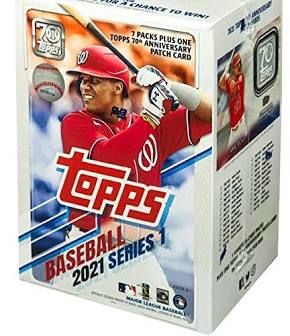The last few days I’ve taken a step back sixty years, sitting on my floor sorting baseball cards. I had some unopened packs from 1991 and 1992 to open, including The Babe Ruth Collection. There was a time when I would have left them in their wrappers, hoping they would have more value, but why deny myself the joy of opening them and organizing them into teams. In this case, there was no bubblegum involved. It was fun, until I realized that I was just one card short of completing the Babe Ruth set of 165. Card number 134 was missing, but the next day I found it stuck to another card, just before I was ready to order it on E-Bay. All the Cubs and White Sox players are placed in a special binder while all the others are lumped together in separate books. I can’t bear to throw any of them away regardless of duplicates, knowing that my entire childhood collection disappeared due to good housekeeping.
I’m certain that my now valuable Mickey Mantles were part of that loss, but if everyone had held on to their cards they all would be worthless. #7 Mickey was once my favorite player and his Yankees my team, but they were somehow replaced with #10 Sherm Lollar of the White Sox. I now have a massive collection of Sherm stuff that is only valuable to me. Mickey has made many men rich by simply investing in his memorabilia, or being lucky enough that their mom didn’t toss out their card collections. Right now, I’m even bidding for a Cancer Foundation medallion with the likeness of Sherm on one side and teammate Nellie Fox on the other. Hall of Famers like Fox drive up the value and increase bidding, which makes me think that I will probably not be the winner of this trinket. They both died at young ages due to cancer. The cheek-full of tobacco that became the shortstop’s trademark look probably didn’t help. Most ballplayers were smokers in that era, with little to do in the confines of the dugout.
There is an organization founded by Marv Samuel, a pitcher for the St. Louis Browns in the late 40s and perhaps a Lollar teammate, known as Chicago Baseball Cancer Charities. It is “a 501(c)(3) nonprofit using sports to give back by helping fund cancer research and patient care programs at Chicago-area hospitals, and supporting services to empower kids with cancer.” Billy Pierce, White Sox pitcher and teammate of Fox and Lollar, led the organization after the death of Samuel in 1993 from Leukemia. “Chicago Baseball Cancer Charities has since its founding in 1971 donated more than $11 million to fund cancer patient care, education and research programs at Chicago’s Northwestern Memorial Hospital and Children’s Memorial Hospital.” I’m assuming that the medallion was part of the fundraising elements of this organization.
I just ran across a Billy Pierce baseball card last night. He lived to be 88 and was on two World Series runners-up teams, the 1959 White Sox and 1962 San Francisco Giants. It’s amazing what you learn about the good that players do during and after their time in baseball, although Lollar died at age 53 and Fox even younger at 47, so they did not get the opportunity to give as much back. Every card and piece of memorabilia has a story. Collecting is more than just child’s play – it’s part of our history that I enjoy!

Leave a Reply